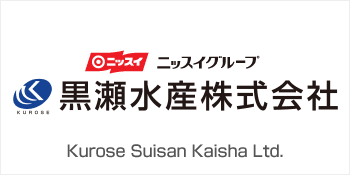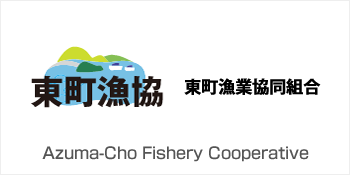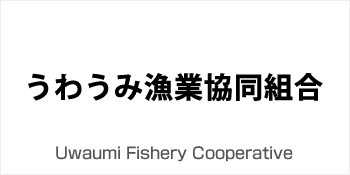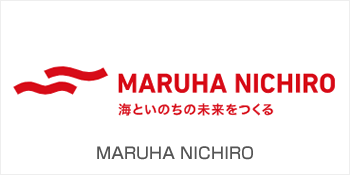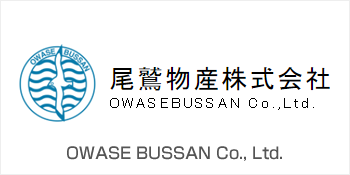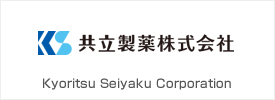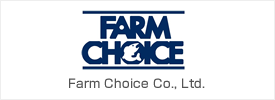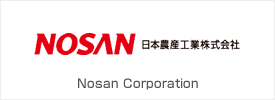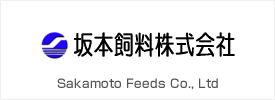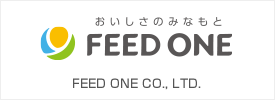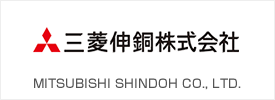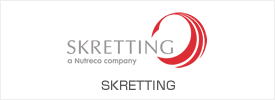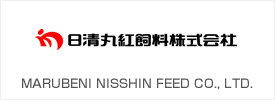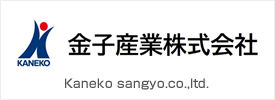Purpose
OUR MISSION
Amberjacks including Buri (Seriola quinqueradiata) have been cultured as the representative fish of Japan, which account for more than 50 percent of aquaculture fish production in Japan. Since the aquaculture of amberjacks can never be maintained without the rich ocean environment of local area, every farmer should be aware of the responsibility in its production as a member of the local society. Therefore, the amberjack farmers have established “Japan Seriola Initiative LLP” in 2018. In this organization, the members associated with each other, try to enhance the sustainability of their production and disclose their information with high transparency, supported by the relative industries, the academic institutes, and NGOs. We are sure that our action will contribute to making amberjack aquaculture an important local industry which can be succeeded to the future.
Activities
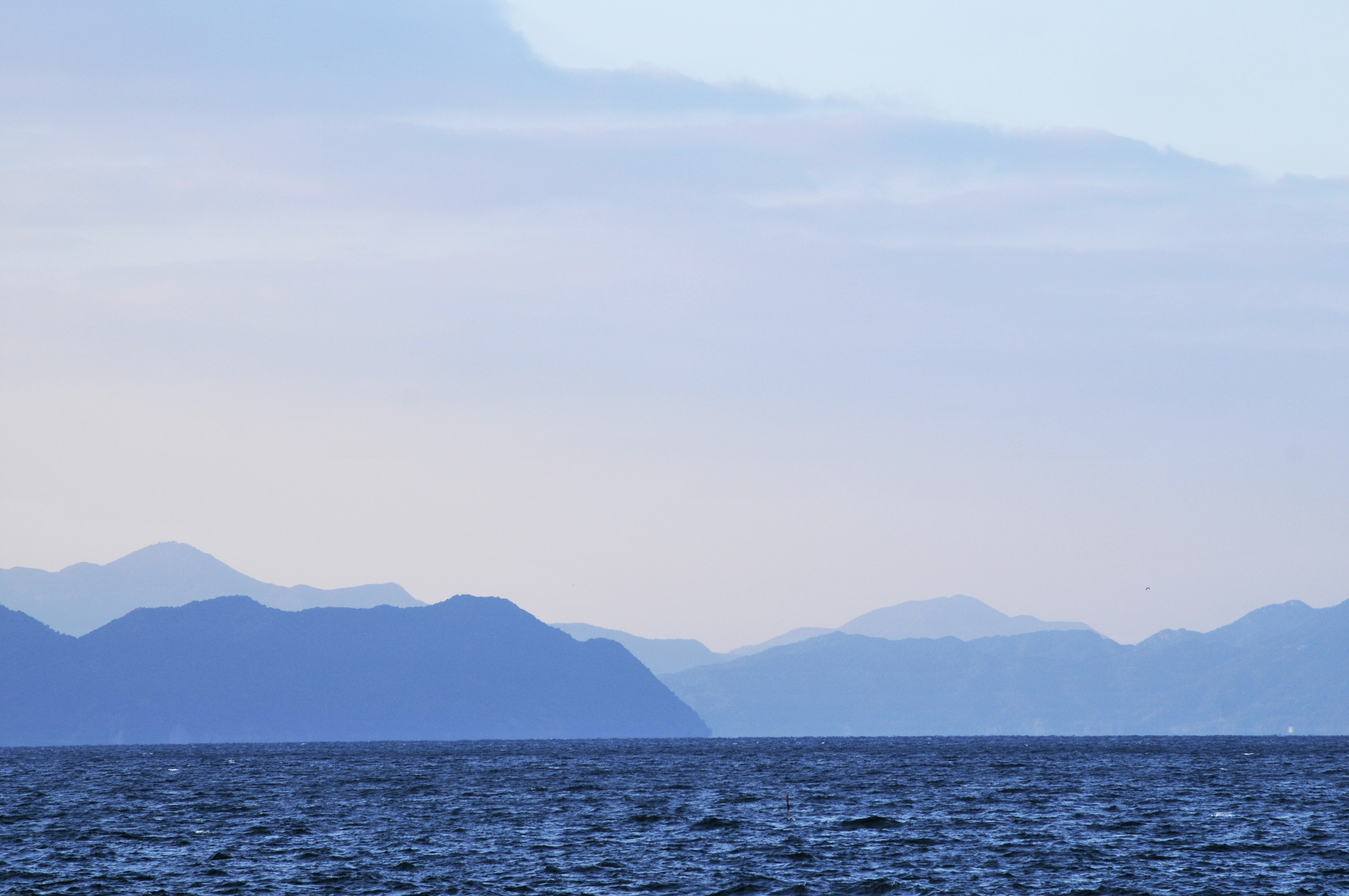
Development of Health Management Technology
Keeping amberjacks in high status of health till their shipment is the most important issue in aquaculture. The advance of health management is needed, because application of medicines on fishes should be minimized even when they become sick during aquaculture. JSI will promote the development of health management technology considering both the environment and the food safety. It will also contribute to reducing antibiotics use, which is one of the global goals.
Ensuring the sustainability and traceability of feed
In responsible aquaculture it is necessary to ensure the traceability of materials for feed. Aquaculture feed is made of fish meal or fish oil which contains essential nutrition for cultivated fish. We should reduce these fish meal or fish oil originated from natural fishes like anchovies or sardines to the minimum. Thus developing novel sustainable materials for feed will be needed. JSI will corporate with feed companies or suppliers that we can share our idea with, and cope with these problems.
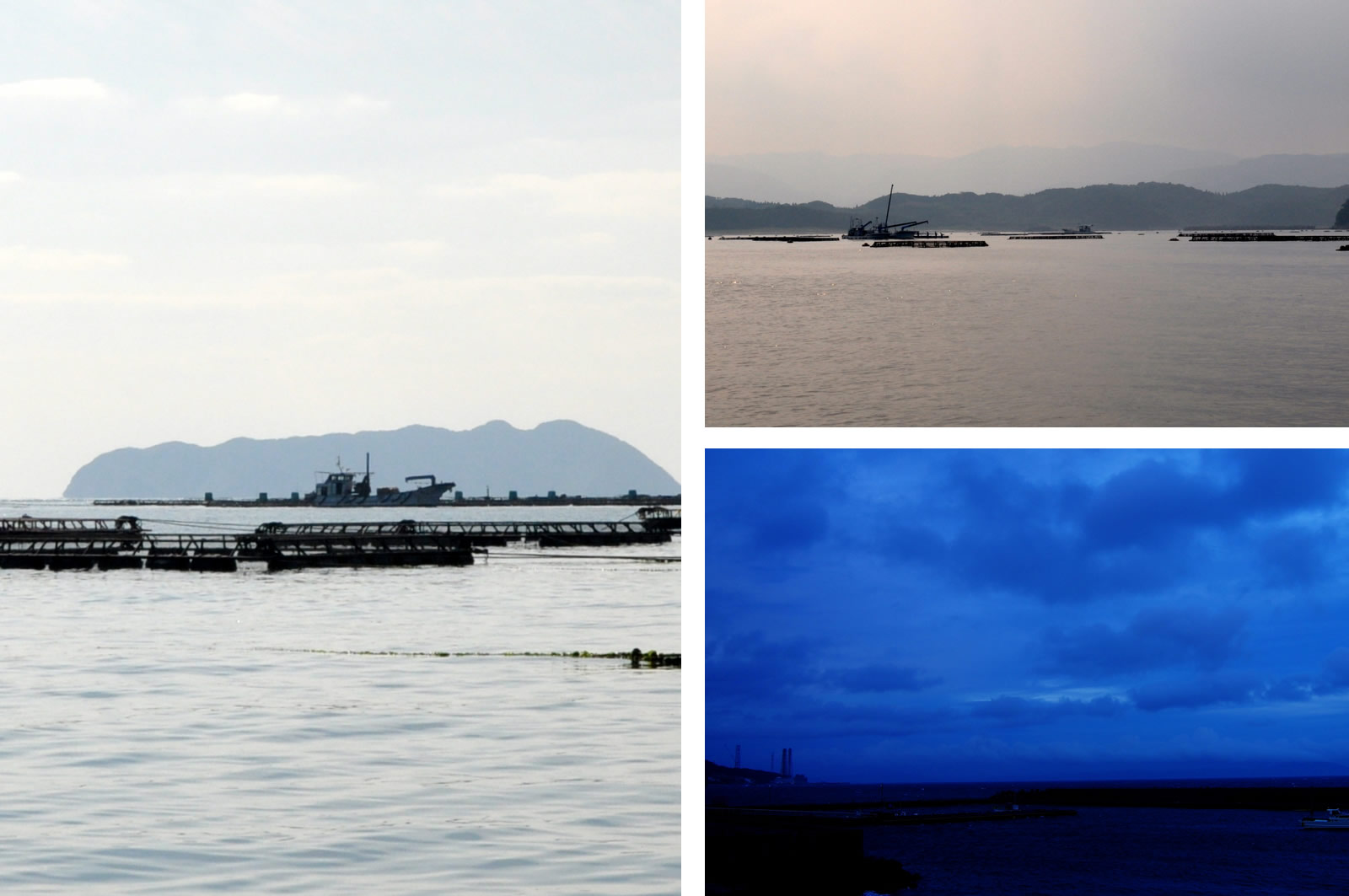
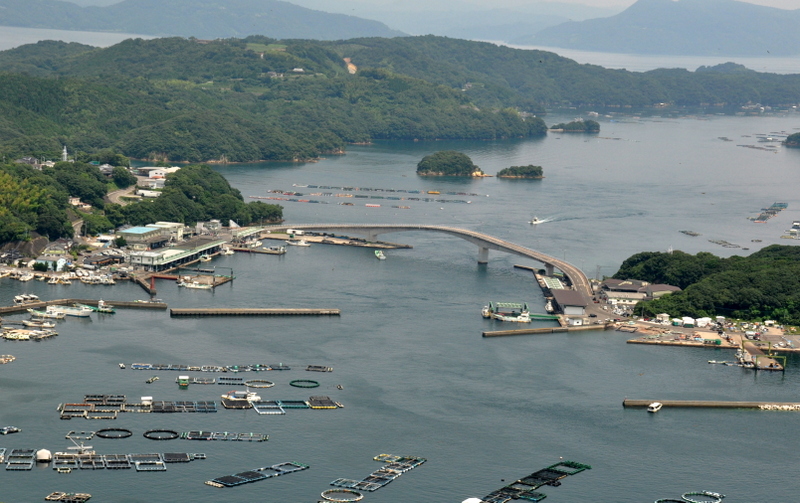
Promotion of Aquaculture Meeting International Certification Criteria
We utilize the certification system to have our marine products recognized by consumers that they are provided through the environmentally and socially responsible process. “Eco label” will help products identified in the market as ones meeting the standard. It will also provide consumers with opportunity to choose responsible and sustainable marine products. We adopt ASC (Aquaculture Stewardship Council) which is globally well-known and one of the strictest certification criteria in such responsibility. We also promote our members to get ASC certification and enlarge production of certificated amberjacks.
Disclosing aquaculture information
For transparent aquaculture production, we disclose the following information of our members;
Fish Escaping

Ecosystem possibly might be influenced when cultured fishes escape from cages. JSI members are administrating their cages strictly to avoid the escapes. In case it happens inevitably, we report assumed number of the escaped fishes, the cause and the measure for it.
Interaction with wildlife

Aquaculture is established by rich natural environment. We must reduce the influence on the ecosystem to the minimum. JSI members observe their farm everyday so that any wildlife like birds, turtles and sea mammals will not be killed there. In case of accidental death of wildlife animals, we report the number of the mortality.
Results of on-farm testing for ectoparasites

Maintaining health of cultured fish is our largest issue. When the fishes get infected with parasites, the parasites have a risk to infect other wild fishes. This issue is important to minimize the influence of aquaculture on the precious natural resource. JSI members regularly inspect and find out ectoparasites that have a risk of spreading to wild fishes and open the results to public.
JSI Member (Amberjack farmer)
Associate Member
Supporting Member

